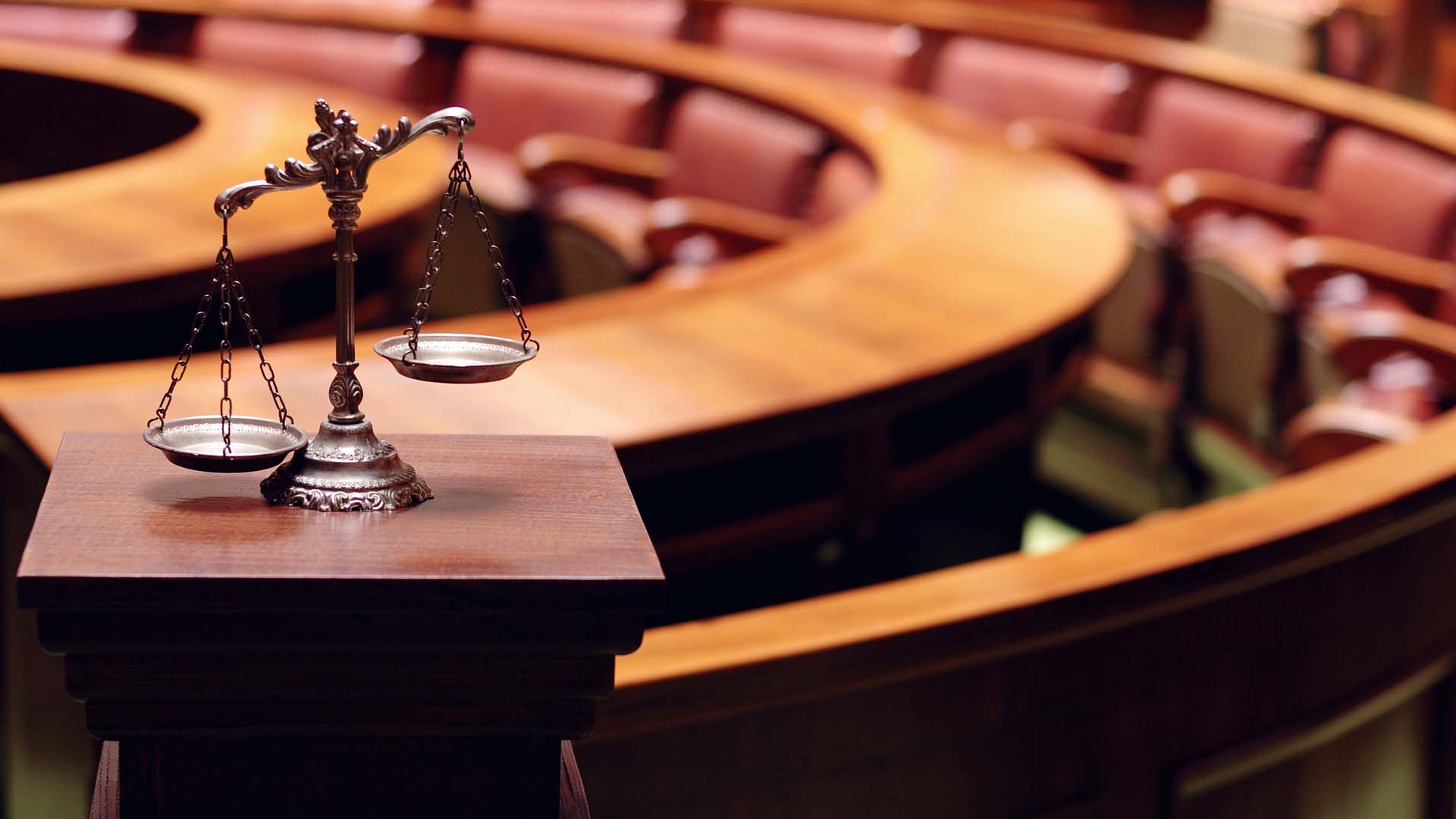Introduction
When a company is prosecuted by regulatory or law enforcement agencies, it is likely that the criminal prosecution or enforcement action may run in parallel to civil proceedings commenced, for example, by an alleged victim to claim for compensation in connection with the alleged corporate misconduct. In such situations, an issue arises as to whether the civil proceedings can be stayed on the ground that its continuation will prejudice the criminal proceedings.
In a recent decision in 2022, the Singapore High Court in Debenho Pte Ltd and another v Envy Global Trading Pte Ltd and another [2022] SGHC 7 (Debenho v Envy Global) held that the existence of parallel criminal proceedings per se is not sufficient as a ground to obtain a stay of the civil proceedings. In particular, the defendant’s right of silence and privilege against self-incrimination as an accused person in the criminal proceedings are not necessarily engaged in the civil proceedings. In short, the Singapore courts will not ordinarily grant a stay of civil proceedings simply by virtue of the existence of parallel criminal proceedings arising out of the same events or subject matter.
Rather, the High Court held that the defendant bears the burden of showing how the continuance of the civil action will lead to a “real danger of prejudice” against him in the concurrent criminal proceedings. The Court will weigh various competing considerations and exercise its discretion to decide whether the balance of justice requires that the civil proceedings be stayed.
This case provides clarity on the scope of the “real danger of prejudice” test, as well as the competing factors which the Singapore courts will take into account in deciding whether to stay the civil proceedings.
Case study: Debenho v Envy Global
Background
The defendant in this case (the Defendant) was the alleged perpetrator of an audacious high-profile, US$1.1 billion nickel trading scam. He was charged with several counts of cheating under section 420 of the Penal Code 1871 (the Criminal Proceedings). Two of the investors in the nickel trading scheme commenced a parallel civil suit against the Defendant for fraudulent misrepresentation, claiming various remedies in relation to nickel trading contracts worth more than S$20 million (the Civil Proceedings).
The Defendant sought to stay the Civil Proceedings pending the final determination of the Criminal Proceedings. If the Civil Proceedings were not stayed, the Defendant argued, he would suffer a real danger of prejudice in the Criminal Proceedings in at least two ways.
- First, the Defendant would be required in the Civil Proceedings to give evidence on matters which were material to his defence in the Criminal Proceedings but for which he would otherwise have been able to avail himself of his right of silence and the privilege against self-incrimination as an accused person.
- Second, the Defendant would effectively be compelled to reveal, via the Civil Proceedings, his defence to the criminal charges made against him in the Criminal Proceedings, and that would give the Prosecution a significant advantage that they would not otherwise have.
The Singapore High Court’s Decision
Ang J confirmed that the question of whether to stay civil proceedings pending the final determination of parallel criminal proceedings is a matter of judicial discretion, which is to be exercised after weighing various competing considerations.1
The burden is on the defendant to show that there is a real danger that the continuance of the civil action against him will result in injustice in the criminal proceedings.2 This must be balanced against the plaintiff’s prima facie entitlement to have his civil claim heard in the ordinary course.
In relation to the factors relevant in determining whether the defendant would suffer a “real danger” of injustice or prejudice as a result of the concurrent civil and criminal proceedings, Ang J referred to the following factors which were based on the English and Australian positions in Jefferson Ltd v Bhetcha [1979] 1 WLR 898 and McMahon v Gould (1982) 7 ACLR 202:3
(a) the possibility that the civil action might obtain such publicity as to influence jurors and deprive the defendant of a fair trial;4
(b) the proximity in time of the trial of the criminal proceedings to the trial of the civil action;
(c) where the disclosure of the defence in the civil action by an accused enables the fabrication of evidence by Prosecution witnesses or interference with Defence witnesses, resulting in a miscarriage of justice in the criminal proceedings;
(d) the burden on the defendant of preparing for both sets of proceedings concurrently;
(e) whether the defendant has already disclosed his defence to the allegations; and
(f) the conduct of the defendant, such as his own prior invocation of the civil process when it had suited him.
The High Court gave more detailed consideration to three particular points raised by the Defendant.
1. Relevance of an accused person’s right of silence and privilege against self-incrimination to obtaining a stay of parallel civil proceedings
A defendant is not automatically entitled to a stay of the civil proceedings by referring simply, in general terms, to his right of silence and privilege against self-incrimination which he would be entitled to in the criminal proceedings.5 Those protections are not automatically engaged in the context of a civil action:
- The right of silence is generally concerned with a person’s right to remain silent in the face of compulsory questioning, and/or to elect not to give evidence in his own defence against a criminal charge. However, because a defendant who defends himself in the civil action does so of his own choosing rather than under any compulsion on pain of punishment, he has no grounds for invoking the right of silence in the context of the civil action.
- The privilege against self-incrimination is one specific manifestation of the right of silence. It allows a person to withhold evidence that may potentially be used against him in a criminal prosecution. This can apply to steps which a defendant is required to take in a civil action, e.g. when served interrogatories or compelled to produce documents in the discovery process.
Therefore, it remains necessary in every case to consider if the precise steps which a defendant is required to take in the civil action will have the effect of undermining the protections to which he is entitled as an accused person.
- With regard to steps taken pre-trial, a defendant may invoke his privilege against self-incrimination if the plaintiff seeks to compel him to provide answers through interrogatories or produce documents that will tend to subject him to a penalty or forfeiture.
- On the other hand, simply requiring the defendant to plead a defence in the civil action would not have the effect of undermining his privilege against self-incrimination. When filing his defence in the civil action, the defendant is free to plead whatever facts he deems fit and considers relevant, for example, by denying the plaintiff’s allegations and putting forward a different version of events (the intended effect of which would be exculpatory rather than incriminating).
- With regard to steps taken during the trial of the civil action, Ang J acknowledged that by reason of section 134(1) of the Evidence Act 1893, a witness cannot refuse to answer a question which is relevant to the matter in issue by invoking his privilege against self-incrimination. However, Ang J indicated that (a) the defendant could always raise objections to questions the answers to which he perceives as being likely to incriminate him; and (b) should the court nevertheless compel him to answer any such questions, section 134(2) of the Evidence Act 1893 precludes any incriminating answers given as part of his oral testimony from being proved against him in the trial of the concurrent criminal proceedings.6
2. Relevance of any advantage enjoyed by the Prosecution in the criminal proceedings if the civil action were tried first
Ang J rejected the argument that any notional advantage gained by the Prosecution in having a “preview” of the accused person’s case provides a sufficient ground for staying the civil action. The relevant test is always whether the defendant can show a real danger of prejudice – for instance, that the advantage gained by the Prosecution stood to undermine the defendant’s right of silence and/or privilege against self-incrimination7.
Ultimately, the possibility that the Prosecution stands to gain an advantage owing to its insight into the accused’s defence and his evidence in the civil proceedings is more theoretical than real. The accused person would likely have the similar, corresponding advantage of having a preview of the Prosecution’s case (which is likely to be similar to the plaintiff’s in the civil suit) and being able to test the Prosecution’s evidence during the trial of the civil suit.8
3. Relevance of the plaintiff’s prima facie entitlement to pursue his claim in the civil action in the ordinary course
Even where the defendant has established that he will suffer a real danger of prejudice in the criminal proceedings from the continuance of the civil action, this must be balanced against the plaintiff’s prima facie entitlement to pursue his civil action. A court may well find, following such a balancing exercise, that any dangers of injustice to the defendant can be ameliorated by measures other than a stay of the civil action.
By way of example, Ang J cited the English case of DPR Futures Ltd [1989] 1 WLR 778, where Millett J denied a stay despite finding the defendants would suffer a real risk of prejudice should the civil proceedings be heard first. First, a stay would have caused serious injustice to a large number of persons said to be victims of the defendants’ alleged fraud, as those persons would have had no chance to recover the monies they had lost until the conclusion of the criminal proceedings. Second, the defendants’ right to a fair trial could be safeguarded in other ways, such as the plaintiff in the civil action giving an undertaking to not disclose to any third party (other than their own solicitors and counsel), prior to the criminal trial, copies or contents of any affidavit or document served or disclosed by the directors in the civil proceedings.9
On the facts of Debenho v Envy Global, Ang J refused to grant a stay because the Defendant had failed to establish precisely how he would suffer a real danger of prejudice.
- The Defendant’s pleaded defence in the Civil Proceedings had effectively already disclosed the Defendant’s defence to the charges against him in the Criminal Proceedings, as well as the identity of the witnesses whom the Defendant perceives to be critical to his defence to the criminal charges.10
- The Defendant could not show how there was a real danger of prejudice from having to prepare for concurrent actions in close proximity in time.
- There was no advantage which might accrue to the Prosecution as to constitute a real danger of prejudice to the Defendant’s position in the Criminal Proceedings.
Key takeaways
Debenho v Envy Global confirms that, as is the position in other common law jurisdictions, the Singapore courts will not ordinarily grant a stay of civil proceedings simply by virtue of the existence of parallel criminal proceedings arising out of the same events or subject matter. The defendant bears the burden of showing a real (and not merely notional) risk of injustice or prejudice from the continuation of both proceedings concurrently.
In this regard, the defendant’s right to silence and privilege against self-incrimination as an accused person in the criminal proceedings are not necessarily engaged in the context of the civil proceedings. There remain possible avenues which the defendant may take in the civil proceedings in order to preserve his position in the criminal proceedings, e.g. (a) by pleading in the civil action a primarily exculpatory defence to deny the plaintiff’s allegations, rather than a defence which incriminates himself, (b) by invoking the privilege against self-incrimination to resist pre-trial interrogatories and discovery requests; and (c) by relying on the protection of section 137(2) of the Evidence Act 1893 when giving potentially incriminatory answers in the course of cross-examination.




